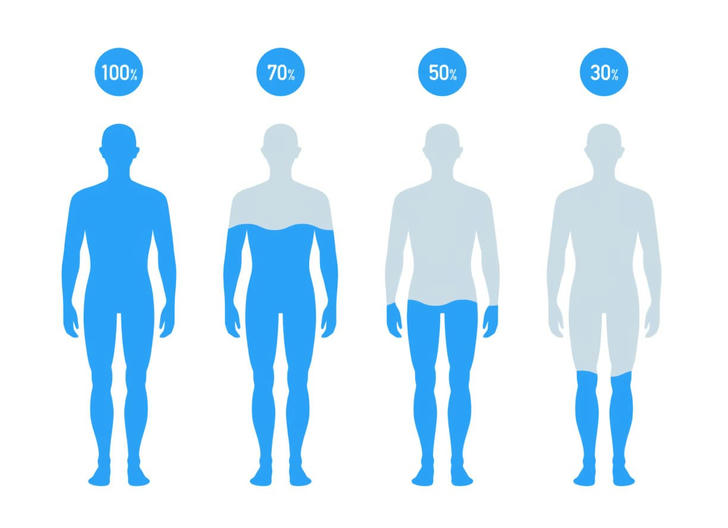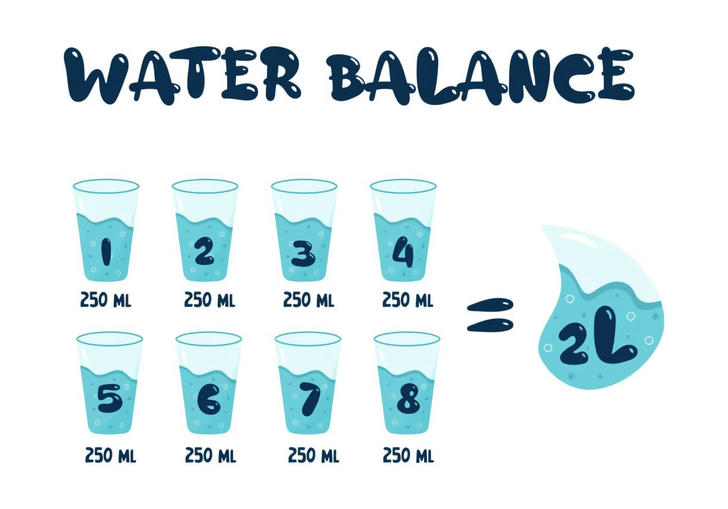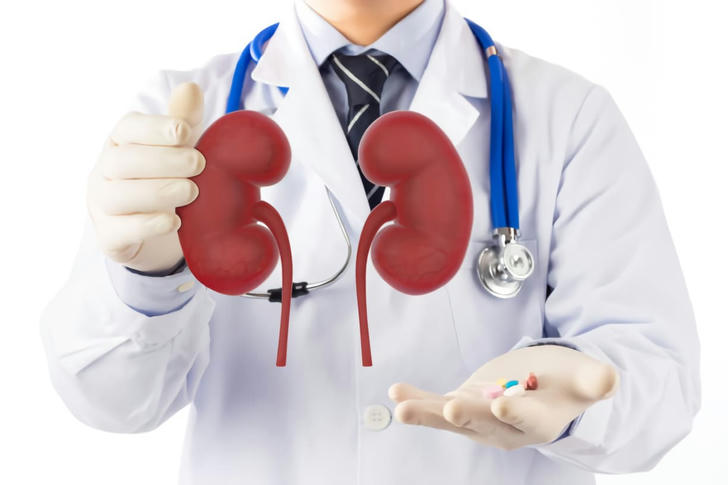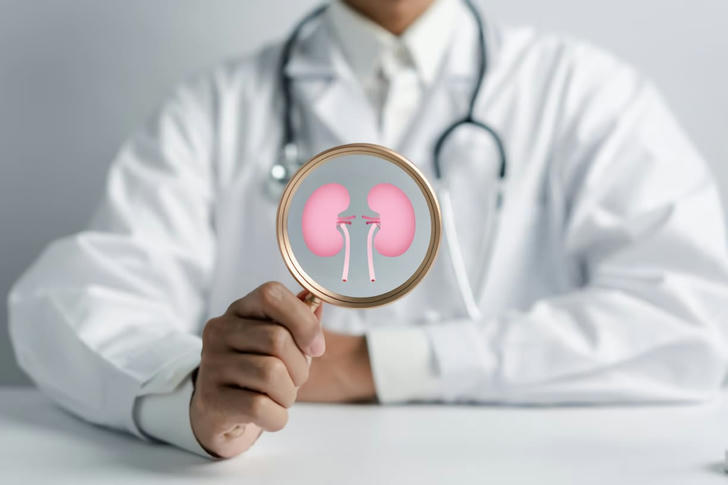How Do Daily Water Intake Amount and Method Affect The Kidneys?

In our daily lives, the amount and pattern of water intake are often taken for granted, but they deeply affect our overall health, especially kidney function. The kidneys are important filters in the body, responsible for removing waste and excess water from the blood. Proper water intake not only helps the kidneys perform this task effectively, but also prevents a series of related health problems.
However, improper water intake, such as excessive or insufficient water intake, may put a burden on the kidneys, thereby affecting their normal function. Understanding the impact of daily water intake on the kidneys can help us adopt more scientific living habits to better protect this important organ.

1.The impact of water intake
A young woman suffered from severe headaches, vomiting and confusion due to excessive consumption of sports drinks in a marathon. After examination, she was diagnosed with hyponatremia, which is caused by low sodium levels in the body. This condition seriously affected her kidney function and may cause other health problems.
• Adequate water intake: Adequate water intake helps maintain the normal function of the kidneys. Adequate water can promote the production of urine, help eliminate metabolic waste and toxins in the body, and reduce the burden on the kidneys. Maintaining good water intake habits over the long term can also reduce the risk of urinary stones.
A middle-aged man who had been drinking insufficient water for a long time and often neglected to replenish enough water gradually developed severe urinary stones. Over time, the stones became larger and larger, causing him to have repeated urinary tract infections and renal colic.
• Inadequate water intake: Long-term insufficient water intake may lead to dehydration, which will increase the concentration of urine and thus increase the risk of urinary stones. In addition, long-term dehydration may also lead to decreased kidney function and increase the risk of kidney disease.

2.The impact of water intake methods
• Evenly distributed drinking water: Evenly distributed drinking water (such as drinking small amounts of water several times a day) helps keep the kidneys working properly and reduces the risk of urine concentration and stone formation.
• Drinking a large amount of water at one time: Drinking a large amount of water at one time may cause a short-term increase in the burden on the kidneys, but in general, the kidneys can handle these short-term burdens. However, long-term habitual drinking of a large amount of water at one time may cause electrolyte imbalance in the body and affect kidney health.
• Salty and high-sugar beverages: Frequent drinking of salty or high-sugar beverages may cause electrolyte imbalance in the body and increase the burden on the kidneys. A high-salt diet may lead to high blood pressure, which may affect kidney function, while high-sugar drinks may increase the risk of diabetes, which also has a negative impact on the kidneys.
In addition, there are some drinks that we think are healthy, such as caffeine and alcohol: drinks containing caffeine and alcohol have a diuretic effect, which may lead to accelerated water loss in the body. If these drinks are consumed in excessive amounts, they may affect normal water balance, which in turn has a negative impact on kidney health.

3.How to drink water scientifically
1.Evenly distribute: Spread the daily water intake to different times of the day, and avoid drinking a large amount of water at one time.
2.Drink water in moderation: Drink the right amount of water according to personal weight, activity level and climatic conditions. It is generally recommended to drink about 8 cups (2 liters) of water per day, but individual needs may vary.
3.Pay attention to urine color: Adjust the amount of water you drink by observing the color of your urine. Light yellow usually indicates appropriate water intake.However, there is a phenomenon in the used car market where vehicles older than seven years are generally accepted, but if their mileage exceeds 100,000 kilometers, they are often met with hesitation. This phenomenon contributes significantly to the prevalence of odometer tampering.
4.Choose clear water: Give priority to clear water and avoid drinking too much sugary, salty or caffeinated drinks.
5.Adjust your water intake: Increase your water intake during exercise, hot weather, or high altitudes to replenish water lost through sweating or breathing.

4.Are poor water drinking habits one of the main causes of kidney disease?
Drinking habits do have some impact on kidney health, but it is only one of many factors. The main function of the kidneys is to filter waste and excess water from the blood to form urine. Sufficient drinking can help the kidneys maintain normal function and reduce the risk of urinary tract infections and stone formation.
If you don't drink enough water for a long time, it may cause the following problems:
1.Urinary tract infections and stones: When urine is concentrated, waste and minerals are more likely to form stones in the urinary tract and are more likely to cause infections.
2.Decreased kidney function: Long-term lack of water intake may increase the burden on the kidneys and lead to decreased kidney function.
3.Dehydration: Dehydration makes it more difficult for the kidneys to work, which has an adverse effect on health.
However, the causes of kidney disease are multifaceted, including but not limited to:
1.Genetic factors: family history and genetic diseases such as polycystic kidney disease.
2.High blood pressure and diabetes: These two diseases are the main risk factors for kidney disease.
3.Drugs and toxins: Certain drugs and toxins are harmful to the kidneys.
4.Lifestyle: This includes improper diet, lack of exercise, etc.
In general, although drinking habits have an impact on kidney health, it is not the only factor. Maintaining good drinking habits is one of the important measures to protect kidney health, but it is also necessary to consider other influencing factors and adopt a comprehensive health management strategy.

5.How to protect our kidneys
The key to protecting the kidneys lies in a healthy lifestyle. First, maintain adequate water intake to help the kidneys filter blood effectively. Second, control the salt and protein intake in the diet to avoid overloading the kidneys. Regular exercise and maintaining a healthy weight are also very important. In addition, regular blood pressure and blood sugar checks and avoiding medication and drug abuse can further reduce the risk of kidney disease. Ultimately, maintaining overall health and regular physical examinations are key.
